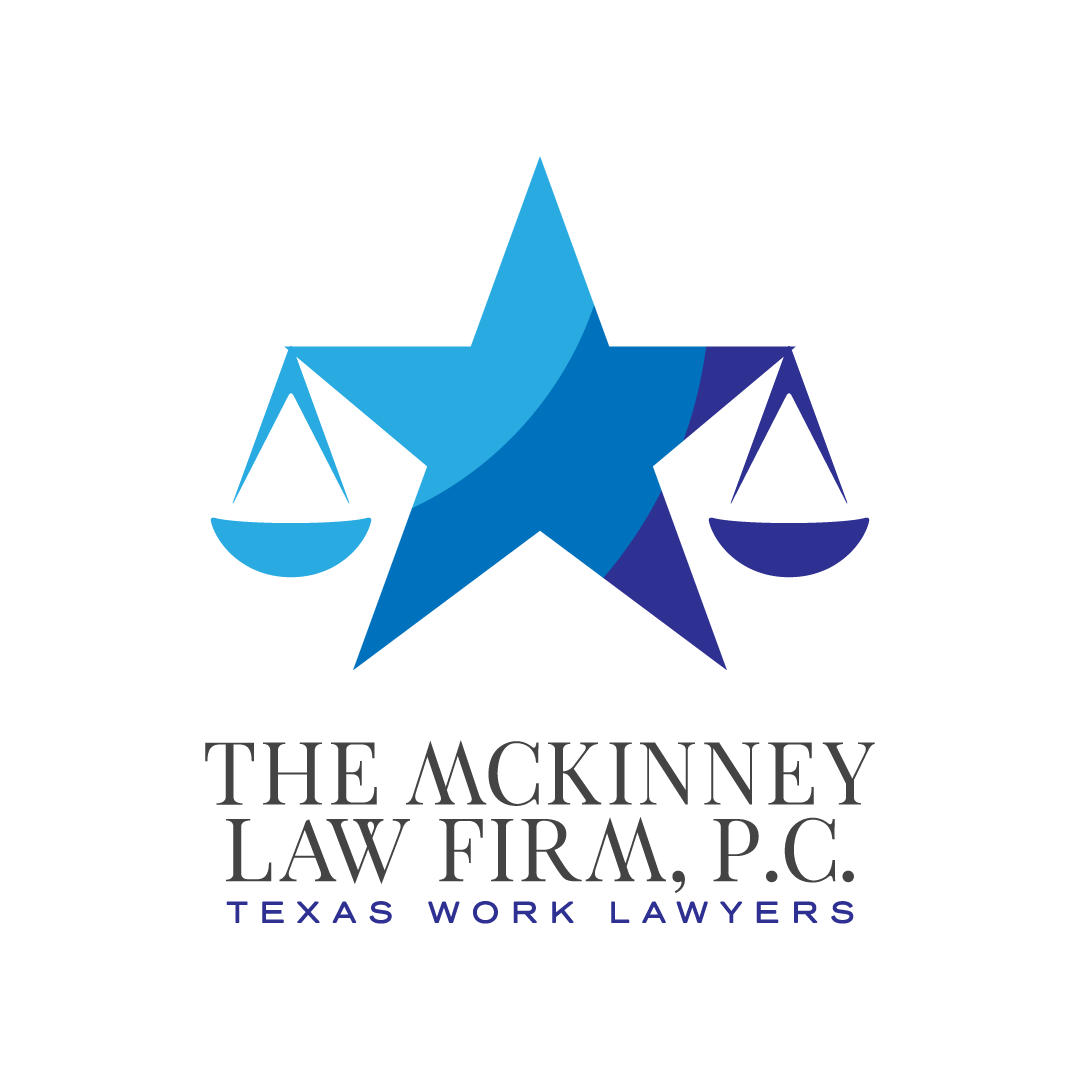California Considering Ban on Employer Forced Arbitration
/Last year, a bipartisan coalition in the United States Senate sponsored legislation to ban the use of mandatory arbitration agreements with regard to claims of sexual harassment and sex discrimination. The federal bill is still pending.
Now, a similar bill has been filed in the California legislature. If it passes, the California bill would prohibit employers from requiring mandatory arbitration agreements as a condition of employment. And unlike the federal bill mentioned above, the California bill would prohibit arbitration clauses as a condition of employment as to all types of employment claims—not just sexual harassment and sex discrimination claims.
If passed, the California law would be an important start to a movement to get rid of employer-based, forced arbitration. Statistics show that arbitration is unfair to employees and is used by some employers to effectively opt out of the judicial system into a rigged, pseudo-court where wrongdoing can be effectively covered up by companies.
And claims that arbitrating claims is more cost-effective than traditional adjudication in court are are not supported by the available statistical data. Many employment corporate defense lawyers point out that research shows arbitration is neither faster nor less expensive than litigation.
There has long been data showing that a solid majority of Americans oppose forced arbitration in the employment context. If this bill passes and becomes law in California, perhaps it will be the beginning of a nation-wide movement to allow employees back into the courtroom.
Read More: National Law Review



























